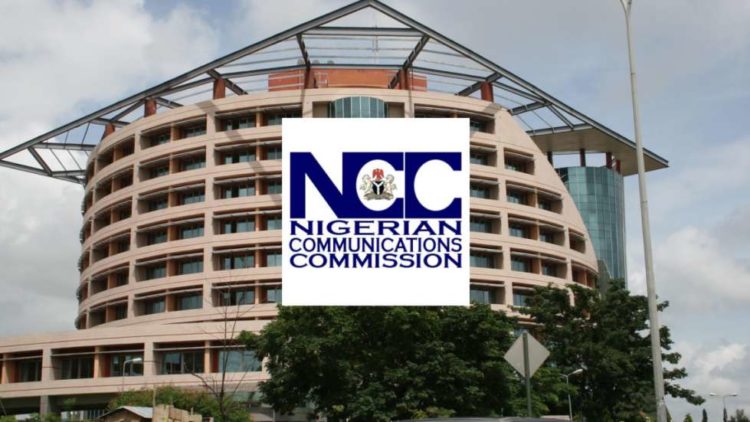No fewer than 25 million people still without basic telephony service are expected to be connected even as the federal government through the Nigerian Communications Commission (NCC) has made N8.5 billion from the sales of 41 Mobile Virtual Network Operators (MVNO) licenses, as at the 17th of October, 2023, LEADERSHIP findings revealed.
Recall that in 2017, the NCC published a Request for Proposal (RFP) for the “Development of a Licensing Framework for Mobile Virtual Network Operators (MVNOs) in Nigeria”.
Data from NCC revealed that there are 114 access gaps with some 25 million people still without basic telephony service. With the MVNO initiative coupled with other innovations, the gap is expected to be bridged significantly.
The objective of rolling out MVNOs license was to give the service providers of virtual mobile communications service an opportunity to participate in the telecommunications provisioning market of Nigeria, with an emphasis on improving the telecommunication output of the country.
Other objectives was to ensure that all core stakeholders are adequately catered for and protected within a Virtual Network Operator enabled environment; to allow for the Virtual Network Service to contribute to the availability and expansion of quality mobile coverage through redundant capacity utilization, active infrastructure sharing, national roaming, and other telecommunication elements that enable it and to present guidelines to which MVNO operations can flourish within the Nigerian Telecommunications market.
MVNOs are expected to provide adequate SIM card sales and distribution channels; register subscribers, and develop an efficient tariff structure, ensuring adequate and accurate billing systems among others.
So far, LEADERSHIP findings showed that, 41 MVNOs have obtained their licenses under various tiers. For instance, only one license was sold under tier one, at the rate of N35,000,000; 10 licenses were sold under tier two, at the rate of N60,000,000; 15 licenses was sold under tier three, at the rate of N130,000,000; five licenses was sold under tier four, at the rate of N200,000,000 and 10 licenses was sold under tier five, at the rate of N500,000,000.
While Licensees were given 12 months to roll out their services, stakeholders who spoke to LEADERSHIP have urged MVNOs to ensure that they stick to the main reason why they were given the license.
A mobile network infrastructure provider, Mr. Satya Mekala, urged license operators to include a rural connectivity strategy in their goal to reach the roughly 45 million unconnected Nigerians.
By constructing rural networks, Mekala averred that MVNOs can acquire a captive customer base that will make the company stable and yield a quicker return on investment (ROI).
The expert, while praising NCC for giving licenses to MVNOs to operate, however noted that the definition of business goals, focus, analysis, planning, and commitment from management are essential to the success of the MVNO.
He claimed that selecting the ideal technique to gather enough subscribers is crucial to a MVNO’s success, adding that, “Since choosing the right market segment to target for subscriber acquisition is one of a MVNO’s biggest costs, the approach must be carefully thought out. It is about the means available to access the service offering as MVNOs offering data services only, may want to subsidise smartphones. This can create huge debt in the beginning.”
Mekala, however, advised licensees that, “Having strong relationships with the host operator and other partners is the key. It’s essential to work with a vendor and a technical partner who has experience. It is crucial to have a solid contract with a network operator that is simple to renegotiate if switching network hosts becomes necessary. Make sure the final contract is flexible enough to suit evolving needs, such as the need to integrate data IoT solutions and take advantage of potential 5G network prospects.”
The chief operating officer of WTES Project, Chidi Ajuzie, said that the main goal of the MVNO is to close the connection gap in Nigeria, adding that, by implementing measures like temporary tax exemptions, it will be easier for operators in that market to succeed.
“Since MVNOs are new to the market, they ought to be free from tax in order to enable them to compete favorably there. That will guarantee that their initial expense won’t consume them. Their license price cost millions of dollars. They are expected to invest in infrastructure, but if they are also required to pay taxes, it will be too much for them to handle. As a result, the federal government must establish a temporary tax exemption,” Ajuzie appealed.











